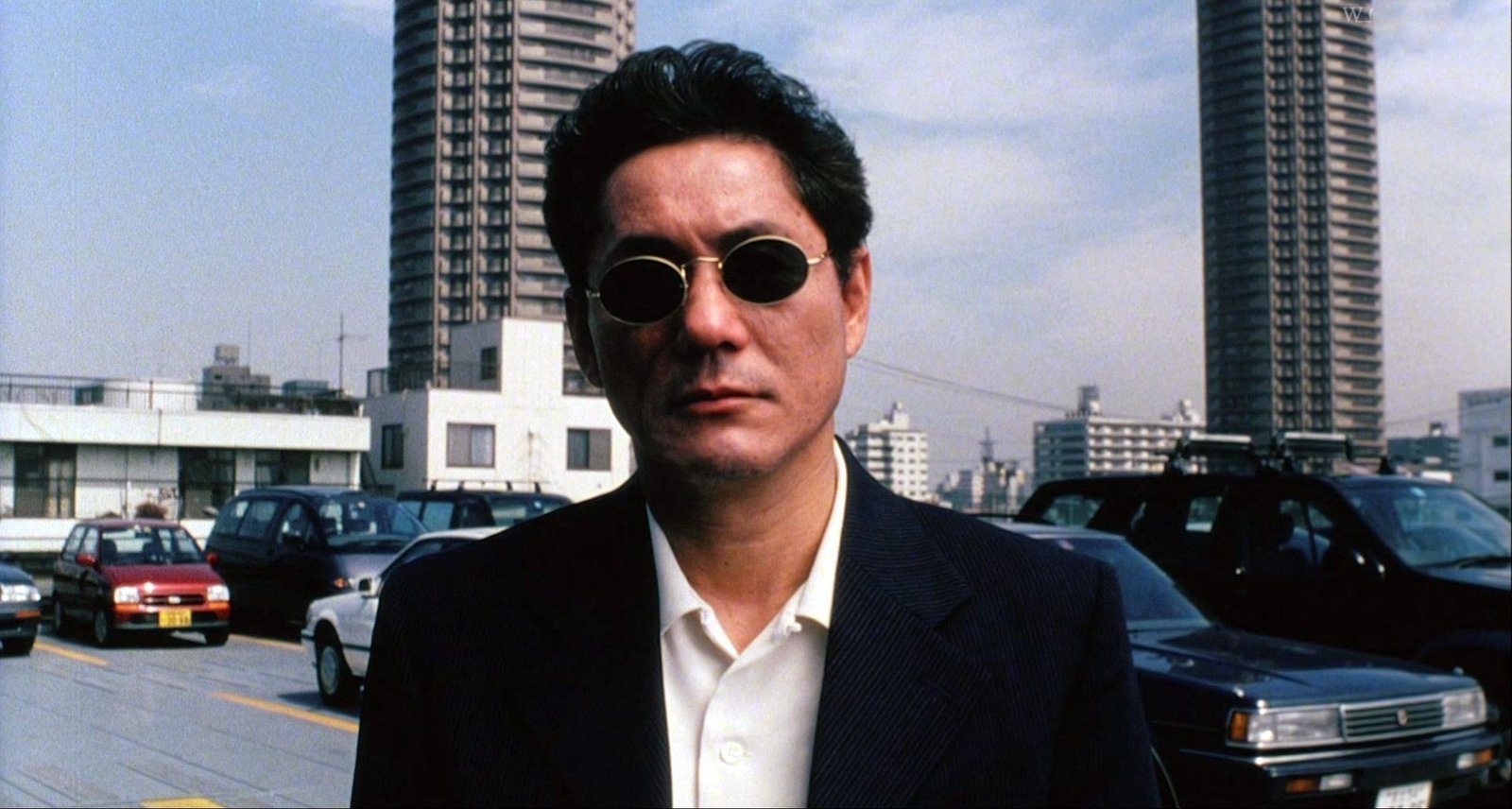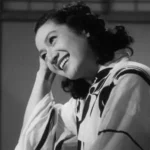Takeshi Kitano: From Comedy to Crime Drama
- By -Maria Mash
- Posted on
- Posted in Actors
Takeshi Kitano, also known by his stage name “Beat Takeshi,” is one of Japan’s most versatile and influential filmmakers and actors. Beginning his career in comedy, Kitano has successfully transitioned into a celebrated director and actor known for his unique style in crime dramas and yakuza films. His career journey, from comedy to crime drama, reflects a profound evolution in his creative approach and has left a significant impact on Japanese and global cinema. This article explores Takeshi Kitano’s transformation as a filmmaker, his contribution to the crime genre, and his lasting legacy.

The Early Years: Beat Takeshi the Comedian
Takeshi Kitano started his career as a comedian in the 1970s, performing as part of the duo “Two Beat,” which brought him widespread recognition in Japan. As Beat Takeshi, he became a household name, known for his sharp wit, physical humor, and distinctive style. His television shows and variety programs, such as “Takeshi’s Castle,” showcased his comedic talent and endeared him to audiences.
Moreover, Kitano’s early years in comedy laid the foundation for his future work in film. His understanding of timing, irony, and satire is evident in his directorial style, even in his darker crime dramas. The juxtaposition of his comedic beginnings with his later, more serious work reflects his versatility and depth as an artist.
The Shift to Crime Drama: A New Cinematic Voice
The turning point in Takeshi Kitano’s career came when he ventured into filmmaking, beginning with his directorial debut, “Violent Cop” (1989). Initially intended as a comedy, Kitano transformed the project into a gritty crime drama after taking over as director. The film marked a significant departure from his comedic roots and introduced his distinctive style characterized by minimalism, sudden bursts of violence, and contemplative pacing.
Furthermore, Kitano’s foray into crime drama established him as a new cinematic voice in Japan. His exploration of the yakuza genre in films like “Sonatine” (1993) and “Hana-bi” (1997) showcased his unique approach to storytelling, blending stark realism with poetic visual aesthetics. This shift not only expanded his artistic repertoire but also challenged conventional expectations of his work.
Defining Elements of Kitano’s Crime Dramas
Takeshi Kitano’s crime dramas are marked by their unique style, blending brutality with moments of quiet reflection. His films often focus on themes of existentialism, loyalty, and the complexities of human nature. Kitano’s characters, particularly in his yakuza films, are portrayed with a sense of melancholy and introspection, challenging the glamorization often associated with crime films.
In addition, Kitano’s use of visual storytelling—through long takes, static shots, and carefully composed frames—adds depth to his narratives. His minimalist dialogue and the use of silence heighten tension and emphasize the emotional undertones of his films. These defining elements make his crime dramas distinctive and have contributed to his reputation as a master filmmaker.
Impact on Japanese and Global Cinema
Takeshi Kitano’s impact on Japanese cinema is profound, particularly in redefining the crime and yakuza genres. His films have garnered critical acclaim and have been recognized at international film festivals, such as the Venice Film Festival, where “Hana-bi” won the Golden Lion in 1997. Kitano’s work has also influenced a new generation of Japanese filmmakers, who draw inspiration from his innovative approach to genre and storytelling.
Moreover, Kitano’s influence extends beyond Japan. His films have been praised for their artistic merit and have contributed to the global recognition of Japanese cinema. Kitano’s ability to seamlessly blend different genres, from comedy to crime drama, has showcased the versatility and depth of Japanese filmmaking to a wider audience.
A Return to Comedy and Diverse Storytelling
Despite his success in crime dramas, Takeshi Kitano has never entirely abandoned his comedic roots. He continues to explore a variety of genres, including comedy, drama, and even romance, demonstrating his versatility as a filmmaker. Films like “Kikujiro” (1999), a sentimental road movie with comedic elements, highlight his ability to balance humor and emotional depth.
Additionally, Kitano’s willingness to experiment with different genres reflects his creative freedom and desire to challenge himself as an artist. His diverse body of work stands as a testament to his ability to reinvent himself and push the boundaries of cinematic storytelling.
Conclusion
In summary, Takeshi Kitano’s journey from comedy to crime drama showcases his evolution as one of Japan’s most versatile and influential filmmakers. His unique approach to the crime genre, characterized by a blend of stark realism and poetic imagery, has redefined Japanese cinema and influenced filmmakers worldwide. By successfully transitioning from his comedic beginnings to a master of crime drama, Kitano has cemented his place as a cinematic icon whose legacy continues to inspire and captivate audiences.



